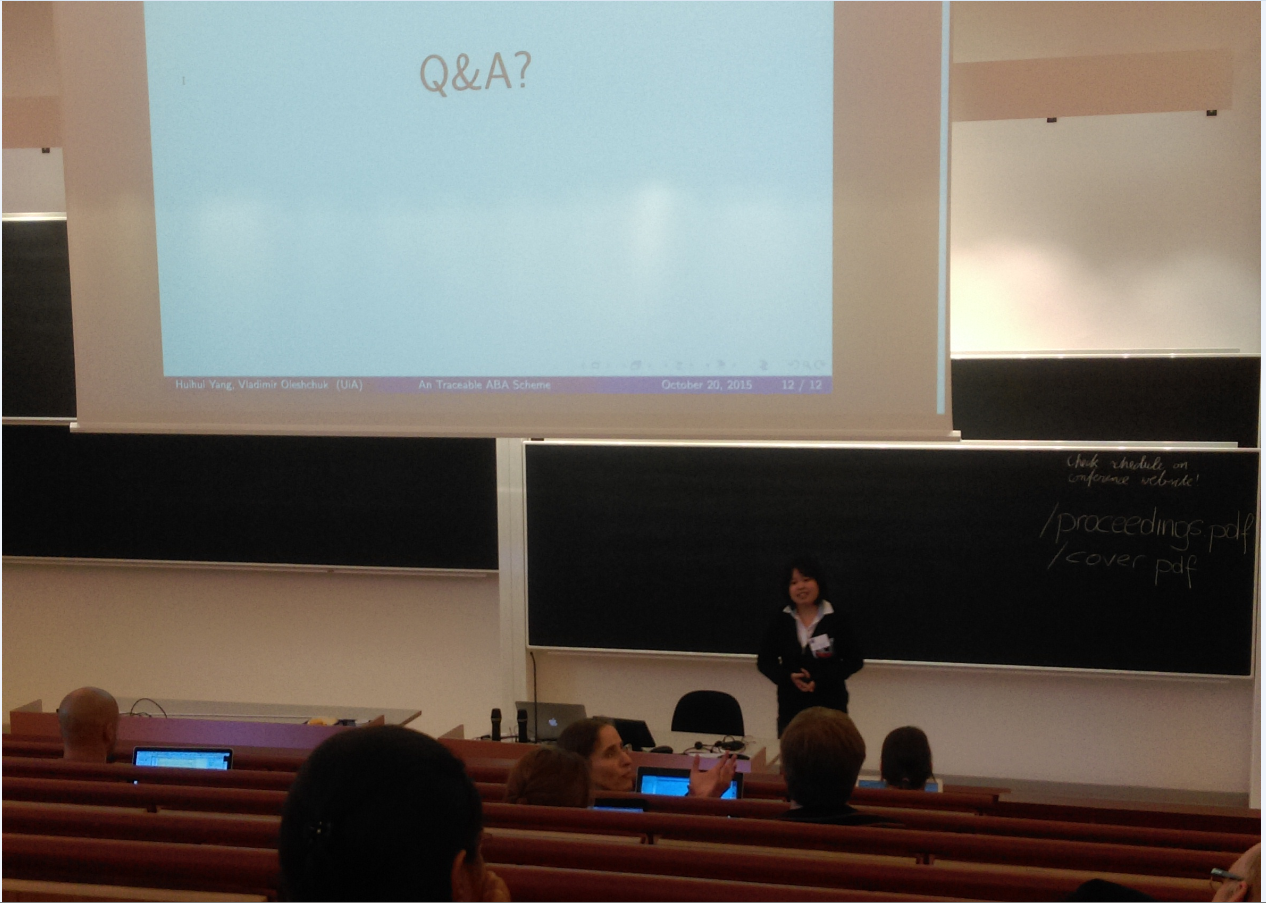The 2020 COINS winter school is offered 3 May – 8 May at the Finse 1222 hotel in Finse (Norway).
Previous COINS winter schools:
- COINS winter school Finse 2019
- COINS winter school Finse 2018
- COINS winter school Finse 2017
- COINS winter school Finse 2016
- The Finse winter school 2015 was organized by the FRISC network. Here are presentations given by COINS students at the winter school:
- Yi-Ching Liao, Process Tracking Forensic Readiness
- Dijana Vukovic, CryptoCloak–research overview
- Huihui Yang, Attribute-based authentication
- Joseph Twayigira, User authentication in mobile cloud for crisis and emergency management
- Mohamed Ali Saleh Abomhara, Threat Modeling: The Art of Identifying, Assessing and Mitigating security threats
- The annual Finse winter school has become a tradition in Norwegian information security research. The first one was held in 2008.
IMT6002 3 ECTS
Participants can register for the IMT6002 COINS Winter School course at NTNU. Successful completion is documented with 3 ECTS that can be used towards the taught component of a Ph.D. programme. COINS students can register free of charge for IMT6002. Students outside of COINS might be subject to an administrative fee. Please contact us if you are interested.
Students enrolling in IMT6002 need to actively participate in the winter school and document this participation. Documentation comprises:
- You need to prepare and give a presentation related to your Ph.D. research and answer questions from the audience. The presentation and Q&A should last ca. 20-30 minutes.
- Active participation: you need to ask one or more questions each day.
- You need to submit a report on your participation. The report should give a summary of each session and presentation at the winter school, should discuss which aspects of computer and information security are addressed, and should reflect about the methods used in the presented research. You should examine which of the research methods could be relevant for your own research project, either immediately or as an approach to be explored in the long term. The report needs to document the questions you asked and the answers the presenters gave. The report is expected to have a length of about 5-8 pages not including title, TOC, bibliography etc.

